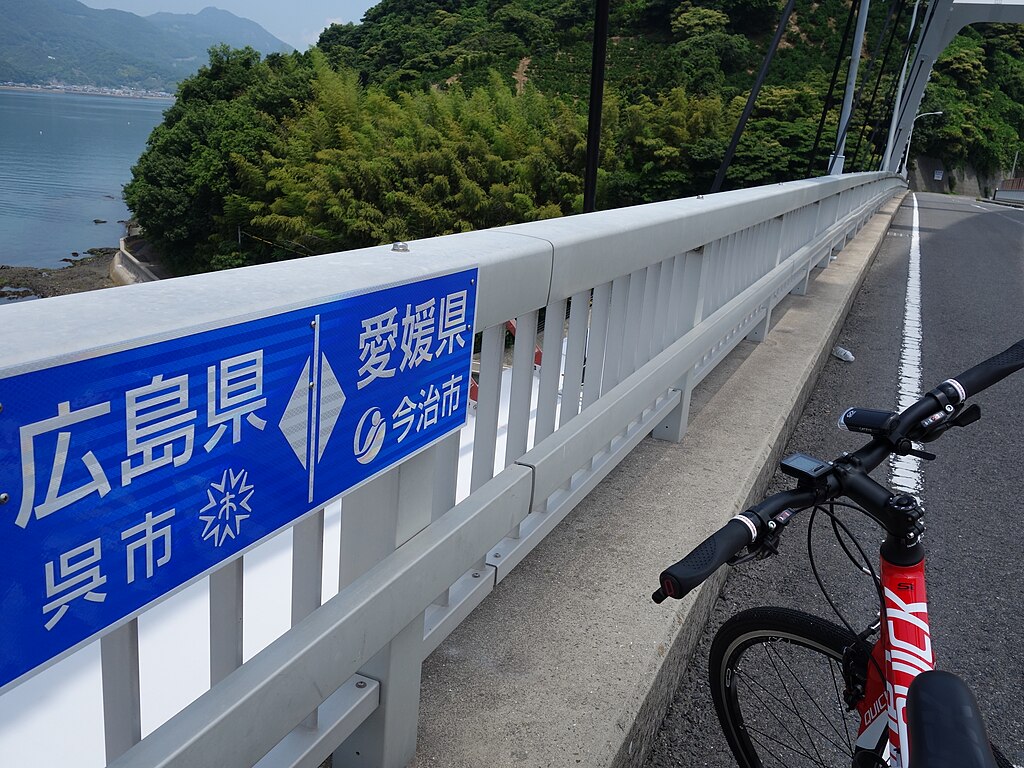Mar 26, 2024
Top Tips for Daily Life in Hiroshima
Hiroshima is a welcoming city that has become home to many international residents from around the world. However, it may be quite different from what you’re used to. We’ve compiled some top tips to help you survive in everyday life.
1. Finding Housing
Most people in Hiroshima find somewhere to live through a real estate agent. If you’re a registered resident of Hiroshima City or you work in the city and meet other criteria, you’ll be able to apply for municipal housing.
All rented housing requires signing a lease contract, usually with a guarantor. Like the rest of Japan, you’ll usually need to pay key money and a security deposit. Once you’ve found a home, you must register the address.
2. Being a Good Neighbor
Etiquette is important in Japanese culture. To be a good neighbor, make sure you keep noise to a minimum when you’re at home. Avoid playing music, using noisy appliances, and speaking loudly late at night and early in the morning. You should also be respectful of shared spaces like hallways and stairways. It’s crucial to keep these free from personal items to make evacuation easy in a fire or earthquake.
3. Separating Your Garbage
Hiroshima City requires households to sort their garbage into eight categories. Recycling is divided into PET bottles, recyclable plastics, and other recyclable waste. The remaining garbage is split into harmful waste, non-recyclable plastics, combustible waste, non-combustible waste, and large waste (anything bigger than 30 centimeters).
Everything but large waste needs to go to a garbage collection point by 8:30 a.m. on collection day. You’ll need to research where the nearest collection points to you are and what type of waste is collected each day (this differs between residential areas).
To dispose of large waste, submit an application to the Large Waste Information Center at least three days in advance. Expect to pay a fee.
4. Bringing a Pet
You need to notify the Animal Care Center in Hiroshima if you have a dog aged 91 days or older (a private veterinarian can complete this registration for you). After registration, you’ll receive a license tag. Dogs also need a rabies vaccination once a year — you can pay for the vaccination through a veterinarian or attend a group vaccination event in Hiroshima City between April and May. You’ll receive a vaccination certificate that your dog must wear along with the license tag.
Lastly, both dogs and cats need a microchip. Veterinary clinics provide this service.
5. Riding a Bike in Hiroshima
To ride a bike in Hiroshima, adults now need bicycle insurance. In addition, bicyclists should also wear a helmet at all times — this includes children in child seats, who should also have their seat belts fastened. After dismounting, leave your bicycle in a designated parking space to avoid it being impounded. If your bicycle is impounded, you have one month to claim it, after which time it will be disposed of.
If this is your first time living in Japan, you may feel overwhelmed by the many differences in the Japanese lifestyle. Over time, though, you’ll learn the norms for daily life in Hiroshima, and things that felt foreign to you will begin to feel normal.


About the author